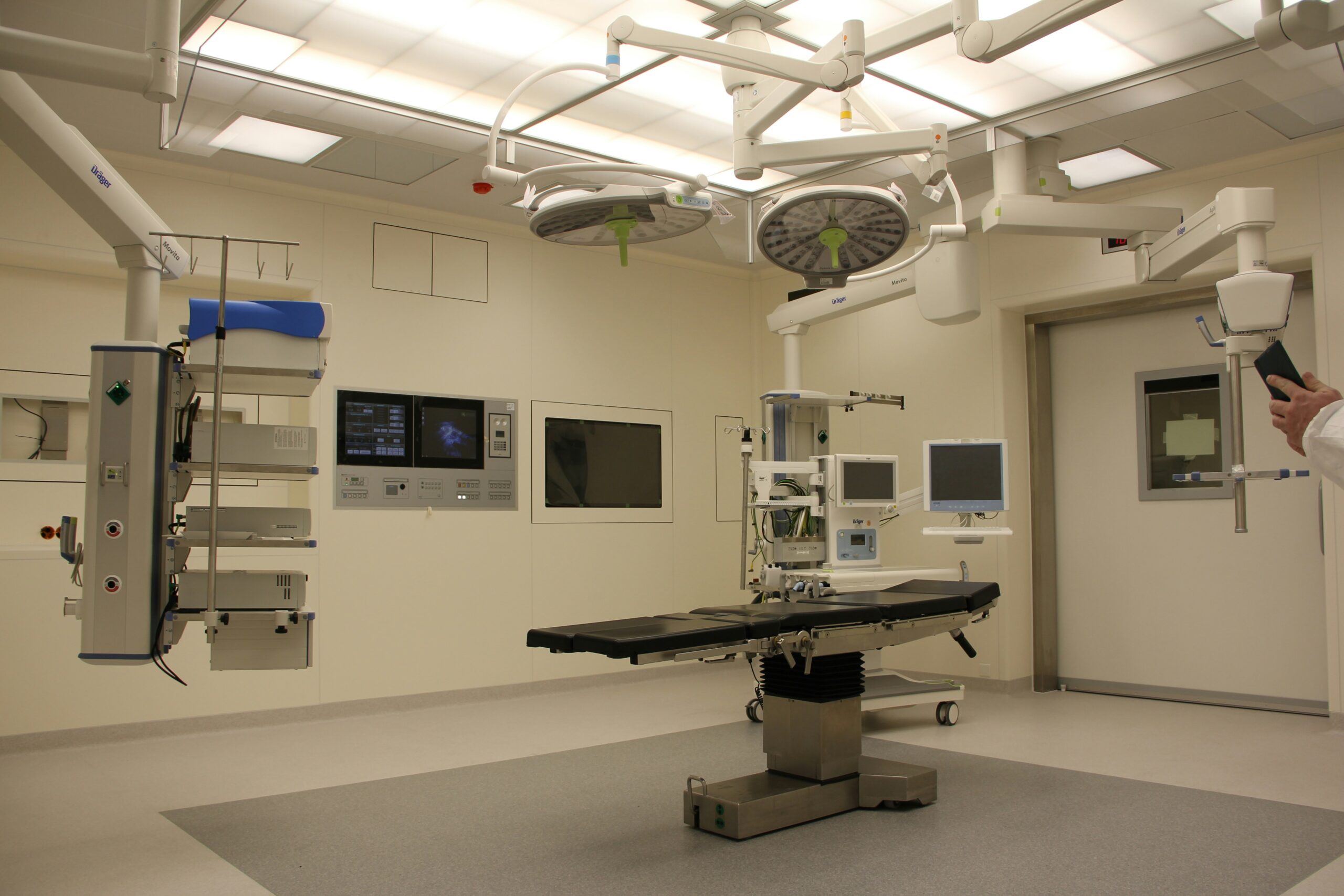Most lung cancer patients have small-cell lung cancer, which requires many tests to identify gene mutations and spread to surrounding tissues. If you or a loved one have lung cancer in Flemington, the experts at HUNTERDON HEMATOLOGY ONCOLOGY, LLC apply different treatment options to manage your condition.
What are the treatment options?
There are several ways to treat lung cancer; however, each method depends on the stage of cancer and type. Typically small cell lung cancer is treated with chemotherapy and radiotherapy.
On the other hand, non-small cell lung cancer is treated with chemotherapy, radiotherapy, targeted therapy, surgery, or a combination of the techniques. This type spreads fast to other areas and hence the need for a multi-treatment intervention.
Surgery
Surgery is one treatment option available to treat lung cancer, where the doctor removes a tumor. It can be lobectomy, where the doctor removes the affected lobe, or pneumectomy for the entire lung. This technique can also extend to neighboring organs such as the blood vessel or the rib.
With advancements in technology, surgery is minimally invasive. The surgeon makes tiny incisions and introduces a camera to visualize the tumor and minimize other tissues’ impact.
During the surgery, the doctor locates the tumor and systematically removes it. After that, several tests are conducted to know if the tumor has cancer cells. A positive test indicates that the cancer cells have spread to other areas, and hence the doctor can now understand what stage the cancer is and recommend the best treatment after the surgery.
Sometimes, the doctor can apply less invasive ablation procedures that involve introducing an electrode to the tumor, thereby destroying the cancer cells.
Radiotherapy
The radiotherapy technique involves exposing the tumor to light beams and effectively destroying the cancer cells. The specialist can use it alone or alongside other types of treatment. Usually, your doctor schedules brief sessions of around 15 minutes every day for two to eight weeks.
Chemotherapy
With chemotherapy, your doctor uses medicines or drugs to destroy the cancer cells. It can be as pills or intravenous injections.
Targeted therapy
As the name suggests, the doctor uses particular medication to block the cancer cells from spreading. Like chemotherapy, the drugs can be pills or intravenous injections.
What are the side effects of lung cancer treatment?
After the surgery, you may experience pain near the scar, shortness of breath, pneumonia, and a congested chest. Side effects of chemotherapy and radiotherapy include tiredness, nausea, hair loss, loss of appetite, anemia, infections, sores on the mouth, and more.
In all the treatment options, your doctor schedules rehabilitation sessions to help you manage these symptoms. Most complications disappear within a few weeks or two months after the treatment.
Which is the proper treatment for you?
Often, it is your doctor who recommends the treatment options for lung cancer after thorough tests. The specialists explain to you the benefits of each treatment option, side effects, and risks.
People with lung cancer can benefit from a wide range of treatment options at HUNTERDON HEMATOLOGY ONCOLOGY, LLC. Get in touch with your specialist to begin your lung cancer treatment today.

